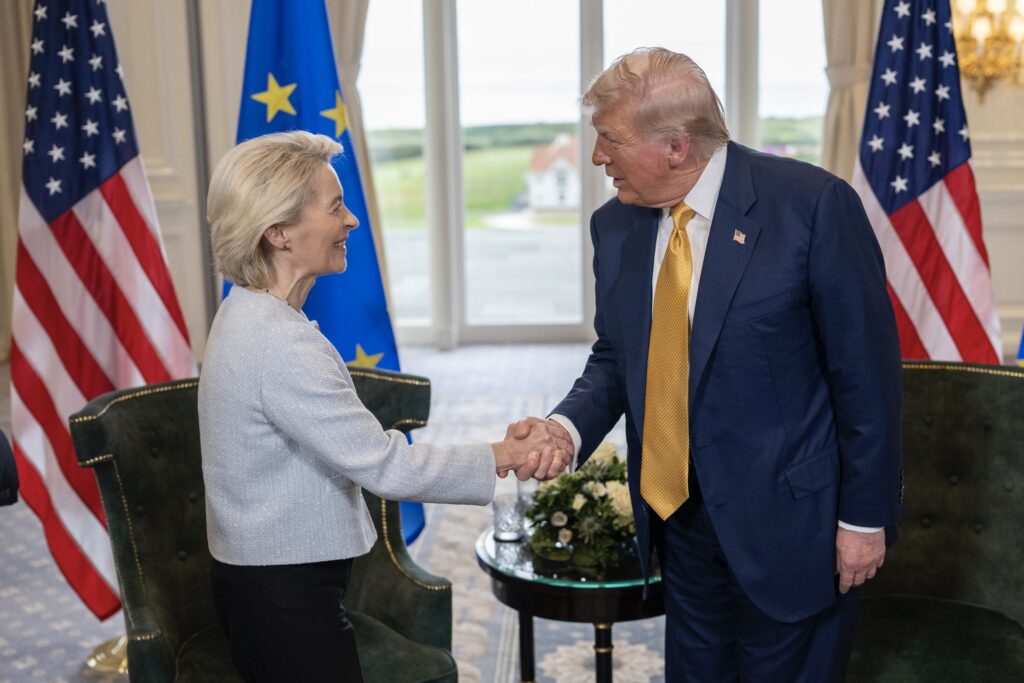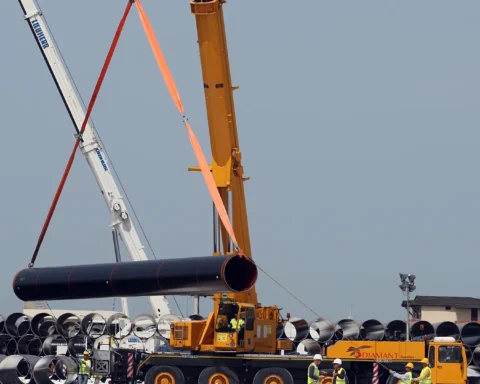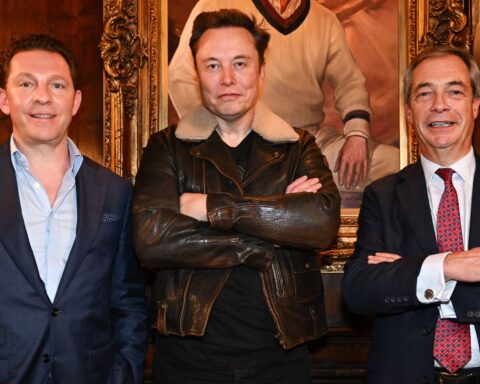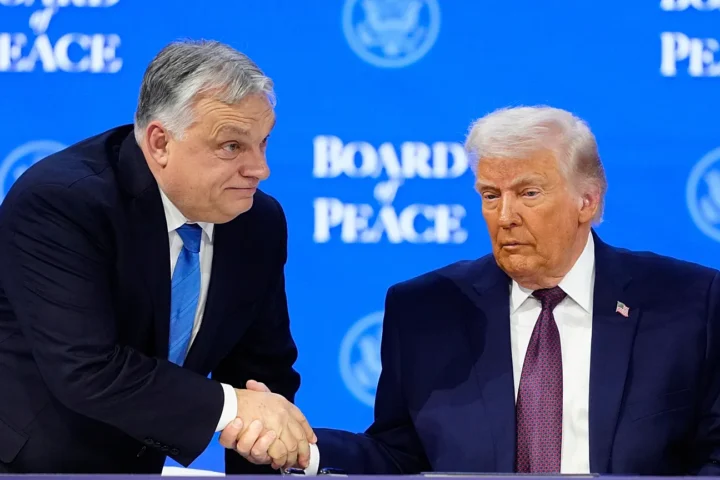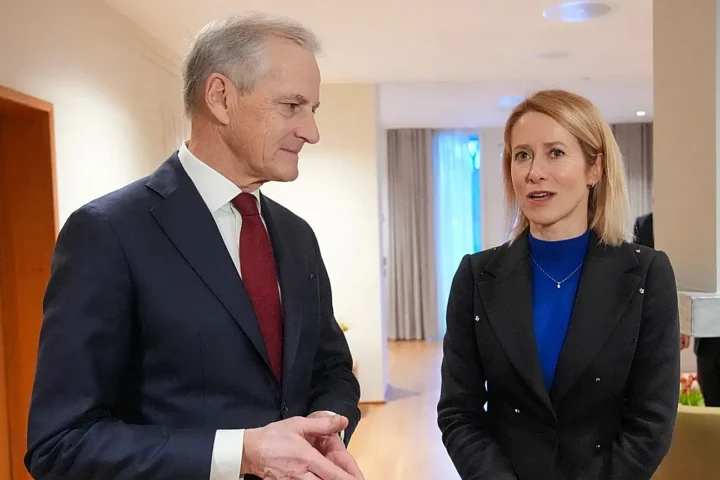A new public opinion poll has revealed that a majority of Europeans regard a potential EU–US trade agreement as a humiliation for the continent, reflecting deep-seated anxieties about sovereignty, economic dependence, and the balance of power in transatlantic relations. The findings come at a time when Brussels and Washington are exploring ways to revive negotiations on closer economic cooperation.
📊 Polling Results: Widespread Skepticism
The survey found that more than half of respondents across EU member states believe such a deal would favor U.S. interests disproportionately, leaving Europe in a weaker position.
- Perception of Humiliation – Many respondents said signing a deal would symbolize Europe yielding to U.S. dominance.
- Distrust of Fairness – Concerns were voiced that any agreement would open European markets while failing to guarantee equivalent access to U.S. sectors.
- Cultural and Political Sensitivity – Respondents cited fears of eroding European standards on food safety, labor protections, and environmental regulations.
🌍 A History of Transatlantic Tensions
Efforts to secure a broad trade pact between the EU and U.S. have long been politically contentious.
- TTIP Talks (2013–2016) collapsed amid protests, with critics warning the deal would hand excessive power to corporations and undermine EU sovereignty.
- The Trump administration’s tariffs on European steel and aluminum further damaged trust, even as Washington pressed for concessions.
- Today, while U.S.–EU cooperation has strengthened over Ukraine, skepticism over trade liberalization persists.
💵 Economic Stakes
Proponents of a trade agreement argue it could significantly boost GDP on both sides of the Atlantic, streamline supply chains, and reinforce a united economic front against rivals like China.
Critics, however, say these gains would come at the cost of Europe’s autonomy:
- Agriculture & Food Standards – Fears of being forced to accept U.S. genetically modified crops and lower food safety benchmarks.
- Digital Economy – Concerns about the dominance of American tech firms in European markets.
- Energy – The possibility of locking in long-term dependence on U.S. liquefied natural gas.
🏛️ Political Repercussions
The perception of “humiliation” is more than symbolic—it could influence policy.
- Populist and nationalist parties across Europe are likely to seize on these sentiments to oppose any deal.
- Mainstream leaders may face pressure to water down or abandon negotiations, fearing electoral backlash.
- Washington’s credibility as a reliable partner could also be weakened if Europeans feel coerced into unfavorable terms.
🔎 Strategic Implications
The poll underscores a broader dilemma for Europe: how to balance close ties with the U.S. while asserting itself as an independent global power.
- For the U.S., pushing too hard risks alienating allies at a moment when transatlantic unity is critical against Russia and China.
- For Europe, rejecting or delaying deals may reinforce perceptions of disunity and indecision within the EU itself.
🌟 Conclusion
The revelation that a majority of Europeans view a potential EU–U.S. trade agreement as humiliating speaks to the deep mistrust shaping transatlantic relations. While economic integration could bring real benefits, the politics of sovereignty, fairness, and cultural identity remain powerful obstacles.
As both sides weigh next steps, the challenge will be not only negotiating terms, but also rebuilding trust in the very idea of partnership. Without that, even the most ambitious trade deal risks being dead on arrival.
